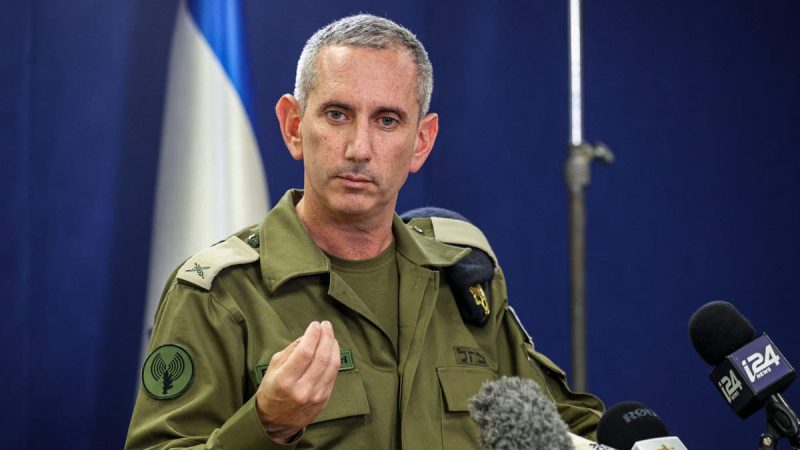War-Torn Regions Engage with US Elections: A Potential Catalyst for Change
In conflict-ridden regions across the globe, the outcome of the US elections is closely monitored and deeply impactful. As war-torn countries struggle with instability, violence, and humanitarian crises, the leadership of the United States holds significant sway over their future. While these regions may seem distant to ordinary Americans, the consequences of US policies reverberate across borders, influencing lives and shaping the course of history.
The interest in US elections among war-torn regions is not merely academic or voyeuristic, but rather borne out of necessity. These countries often rely on the US for financial aid, military support, and diplomatic intervention. The decisions made by the American government can mean the difference between peace and conflict, stability and chaos, life and death for millions of people caught in the crossfire of war.
For nations grappling with internal strife, such as Syria, Yemen, and Afghanistan, the stakes in the US elections are particularly high. The incoming administration’s approach towards conflict resolution, humanitarian aid, and human rights violations will directly impact the trajectory of these war-torn countries. Leaders in these regions are acutely aware of the influence that US policies wield and are attuned to the rhetoric and promises made by presidential candidates.
Moreover, the US elections serve as a litmus test for the commitment of the international community to promoting peace and security in conflict zones. War-torn regions look to the United States not only for assistance but also for leadership in advocating for human rights, democracy, and global stability. The election of a new president can signal a shift in foreign policy priorities, signaling either renewed engagement or isolationism, depending on the outcome.
The engagement of war-torn regions with US elections is not passive, but rather active and strategic. Countries facing protracted conflicts or post-war transitions seek to leverage their relationships with American policymakers to advance their own interests. Lobbying efforts, diplomatic overtures, and public campaigns are all tools utilized by these nations to shape US foreign policy decisions in ways that align with their objectives.
As the world watches the drama of American democracy unfold, war-torn regions remain on edge, cognizant of the impact that the election results will have on their precarious situations. The outcome of the US elections has the potential to serve as a catalyst for change, sparking new opportunities for peacebuilding, conflict resolution, and humanitarian assistance in regions plagued by violence and instability.
In conclusion, the intersection of US elections and war-torn regions underscores the interconnectedness of global politics and the profound implications of American foreign policy on conflict-affected countries. As the US prepares to chart its course for the future, the eyes of the world – especially those who yearn for peace and stability amidst chaos – are fixed on the outcome, hoping for a future that offers hope and healing for nations torn apart by war.
